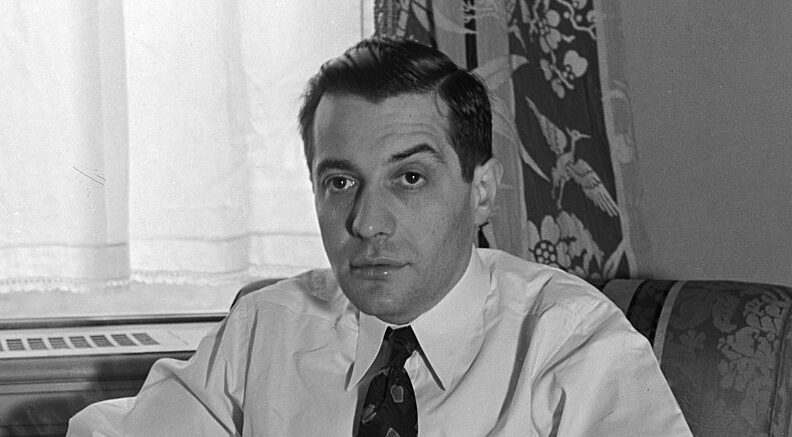In 1936, two bills were introduced proposing independence for Puerto Rico. We’ve explored the Tydings bill, which was a Democratic bill, but there was also a Republican bill, introduced by Rep. Vito Marcantonio of New York. The two bills were different in some important respects.
Neither became law, of course. Independence for Puerto Rico has never been favored by Puerto Rico’s voters or by Congress. But there have been a handful of bills introduced supporting independence for the territory.
The Marcantonio Bill
The bill was simple in its plans for Puerto Rico’s independence. Where the Tydings bill proposed a referendum followed by a four-year transition, the Marcantonio bill called for the President of the United States to “withdraw and surrender all rights of possession, supervision, jurisdiction, control, and sovereignty” over Puerto Rico. This was to take place 90 days after the passage of the law.
“By virtue of its responsibility for the present disastrous state of Puerto Rican economy and the poverty of the people of Puerto Rico,” the bill continued, “it is hereby declared to be the policy of the United States that the United States shall be responsible to the Puerto Rican people for any claims of indemnity which the Government of Puerto Rico may make.”
For the same reason, the United States would impose no tariffs on goods imported to the U.S. from Puerto Rico, “and no immigration restrictions on Puerto Rican citizens shall be made until the Government of Puerto Rico should express its desire otherwise.”
Responses
The New York Times pointed out that the bill included “no limitations on the indemnity” proposed in the bill.
“Immediate withdrawal of American sovereignty from Puerto Rico and the payment of a substantial indemnity to the government its people might establish to compensate for the low state to which the rule of the United States is said to have brought it would be provided in a bill introduced in the House today by Representative Vito Marcantonio of New York,” said the Times.
They further pointed out that supporters of independence for Puerto Rico had objected to the terms of the Tyding bill, and that Marcantonio had responded with his own bill, which was intended “to avoid the economic paralysis they say would result.”
A statement from Rep. Marcantonio blamed the economic position of Puerto Rico at the time largely on mainland-owned sugar corporations, by which he said “the landless peasants have been converted into a great army of colonial slaves.”
The Communist dismissed the chances of the bill, saying, “It would be folly to expect the present imperialist government to pass such a law.”
More bills
Marcantonio had supported a proposal for Puerto Rico statehood presented by the Island’s Resident Commissioner in 1935. However, he introduced four more independence bills before the end of his time in Congress in 1950. All died in committee.
None of these bills included U.S. citizenship for citizens of Puerto Rico.








No responses yet